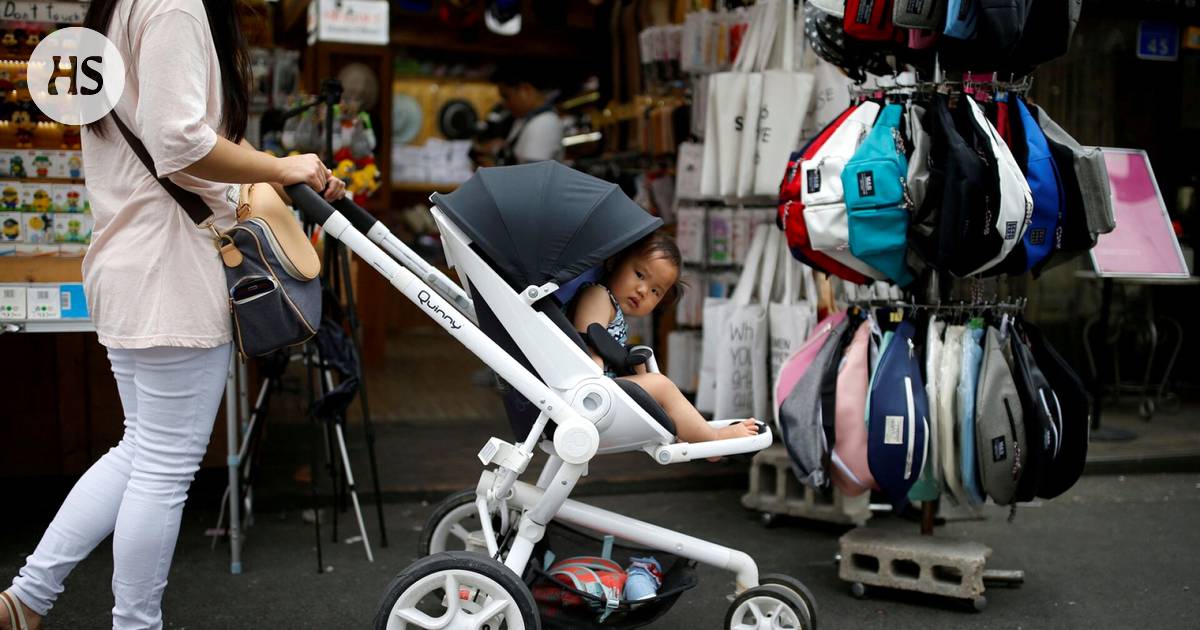
The declining birth rate in South Korea has been a cause for concern for years. With parliamentary elections approaching, many candidates are proposing new incentives to encourage potential parents to have children. These proposals include housing allowances, tax breaks, mandatory paternity leave, and subsidies for egg freezing programs. However, despite these efforts, South Korea still has the lowest birth rate in the world.
South Korean companies are also recognizing the importance of addressing the fertility problem. Booyoung Group, a construction specialist, has implemented an innovative approach by offering a bonus of nearly 70,000 euros for each baby born to an employee. Lotte has also recognized the importance of corporate culture and work-life balance in increasing the fertility rate among its employees by offering mandatory maternity and paternity leaves.
The low birth rate not only poses a threat to South Korea’s population but also has societal implications such as a decrease in the number of personnel in the Defense Forces and declining student enrollment in universities. It is evident that urgent action is needed to address the low birth rate in South Korea and prevent further population decline.
In contrast, Finland has a fertility rate of 1.32, highlighting the stark difference between the two countries. Finland’s total fertility rate is higher than South Korea’s despite having similar economic conditions. It is clear that there needs to be a shift in mindset towards having children as part of national policy rather than just individual incentives to address this issue.
Overall, it is important for all countries facing population decline to take proactive measures like improving corporate culture and work-life balance and creating supportive policies for families with children. Failure to address this issue could lead to severe consequences on society’s future stability and sustainability.
In conclusion, South Korea’s low birth rate poses significant challenges not only demographically but also socially and economically. While some companies have taken innovative approaches like Booyoung Group’s incentive scheme or Lotte’s mandatory maternity leaves, more needs to be done at both individual and governmental levels to reverse this trend before it becomes too late.
The urgency of this issue cannot be overstated as it affects not only current generations but also future ones who will inherit this planet’s problems if we do not act now. Therefore, it is crucial that we take immediate action towards addressing this crisis before it spirals out of control.


:quality(75)/cloudfront-us-east-1.images.arcpublishing.com/elcomercio/SIWJULUU4JAX7JQH6ODK4EUOJM.jpg)



